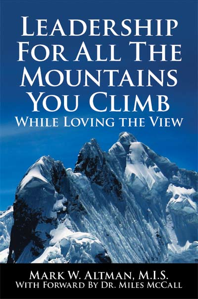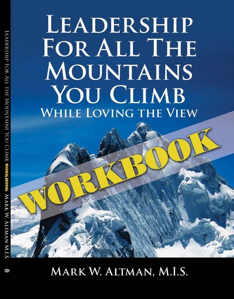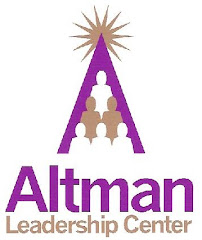Last week our nation, and much of Europe, celebrated the 65th anniversary of the D-Day
landings. As I watched the speeches from Normandy, and the specials on the History channel, I couldn’t help but ask myself, “Does the world still produce such men?” Each of us can have our own answer to the question and I don’t purpose to hash it out here.
While I would have guessed the number to be much higher, World War II veterans only made up roughly ten percent of the nation’s population in 1945; as of 2006 there were only slightly more than 3 million surviving. Growing up, I only knew three WWII veterans. I should say, three I knew well. One was my Great-Uncle Ralph, and the two others were adult leaders in Boy Scout Troop 143 in Conroe, Texas. From my Uncle I learned a zest and love of life and humor, while the other two gentlemen taught me about adventure, the beauty of the outdoors, and reinforced the lessons my father provided on how to be a good man.
While I am historian enough to know that the soldiers, sailors, marines, and airmen who fought against the Axis saved the world from a darkness we might never have come out of; I am tempted to argue the service they performed as citizens upon coming home has been of as great of value. When they came home, they enrolled in colleges and universities in greater numbers than at any time in our history, providing our nation with an educated workforce that brought to light technologies their parents could not have dreamed.
I do not wish to forget the spouses and sweethearts they left and came back to and then built lives with. Without the women who provided goods manufacturing, war support and morale, the prosecution of the war would have likely been impossible. Like their veteran, these women continued service to nation as a way of life, by helping to heal those scarred by their war and raising the generation who would finally push civil rights over the tipping point.
They built and bought homes, largely thanks to VA loans, in staggering numbers. The high percentage of homeowners changed our economy, and our attitudes about home ownership and personal finances. Many of them, having experienced true terror, found the courage to risk enough to start their own businesses and became captains of industry.
For many of them, civic activism and service became a way of life and they found themselves drawn to politics. From the early 1950s through the early 1980s, it was virtually impossible for a non-veteran to beat a veteran in almost any election, and it wasn’t until the early 1990s that we had a President who was a non-veteran.
If you have never been to the beaches of Normandy, you cannot appreciate the feats done there in early June 1944. Go see the landing site and cemetery if you possibly can. Like the Battle of Thermopylae, I believe the beginning of the end of WWII, will echo through the ages.
These veterans, whom we owe for so much more than their war records, are leaving us in ever-increasing numbers. The last service they may provide for our nation is to continue a debate on whether the development and defense of societal ideals, and love of service, are born through the sacrifice of hardship and separation during prolonged national emergency, or is it possible to develop these traits without enduring the heat. If so, how do we propose to make it happen? If you do not know a WWII vet, please get to know one.
Mark Altman is a speaker and leadership consultant with the Altman Leadership Center. He has graduate work in Marriage and Family Counseling and is the author of Leadership For All the Mountains You Climb. He can be reached at mark@leadright.net.








No comments:
Post a Comment